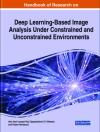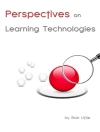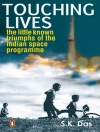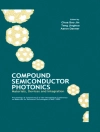Interoperability: the ability of a system or a product to work with other systems or products without special effort from the user is a key issue in manufacturing and industrial enterprise generally. It is fundamental to the production of goods and services quickly and at low cost at the same time as maintaining levels of quality and customisation.
Composed of over 90 papers, Enterprise Interoperability II ranges from academic research through case studies to industrial and administrative experience of interoperability. The international nature of the authorship continues to broaden. Many of the papers have examples and illustrations calculated to deepen understanding and generate new ideas.
A concise reference to the state of the art in software interoperability, Enterprise Interoperability II will be of great value to engineers and computer scientists working in manufacturing and other process industries and to software engineers and electronic and manufacturing engineers working in the academic environment.
表中的内容
Enterprise Modelling and Interoperability Engineering.- Distributed, Decentralized and Adaptable Interoperability Architecture.- Tools and Methodologies for Enterprise Interoperability.- Semantics and Knowledge Aspects in Enterprise Interoperability.- Model-driven and Service-oriented Integration and Development.- Collaborative Architecture and Formal Interoperability Approaches.- Managing, Measuring and Validating Interoperability.- Cross-sector Interoperability Solutions.- Applications, Case Studies, Best Practice and Standards.
关于作者
Prof. Dr. Jörg P. Müller holds a Chair for Business Information Technology at Technical University of Clausthal. Previously, Jörg was Principal Researcher with Siemens AG, John Wiley & Sons, Zuno Ltd., Mitsubishi Electric, and the German Artificial Intelligence Research Center. He holds a Ph.D. from Saarbrücken University and an M.Sc. in Computer Science from Kaiserslautern University. Within the last fifteen years, he has published more than 100 papers on intelligent agents and multi-agent systems, business information systems and distributed computing. His current research interests include technologies for interoperability, model-driven business process automation, and business applications of agent technology, peer-to-peer and grid computing.












